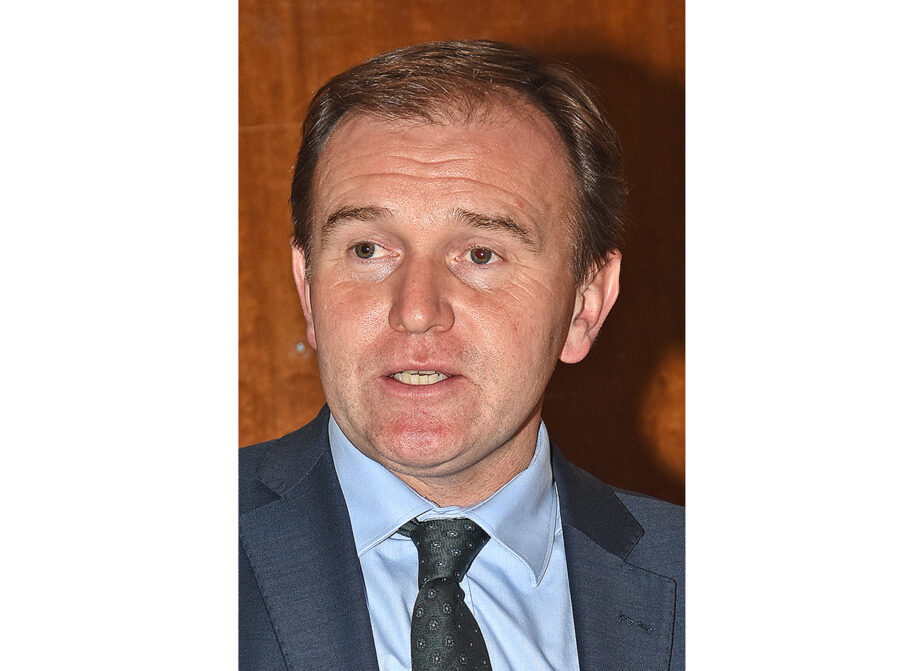Vessel tracking for British under-12m vessels
DEFRA to start roll-out in 2019 and Scotland in 2020
All British under-12m fishing vessels operating in English and Scottish waters will have to carry electronic monitoring kit, under plans put forward by DEFRA and Marine Scotland, reports Tim Oliver
Both authorities announced their plans at the end of last week.
DEFRA is carrying out a consultation on its proposals, but Marine Scotland said it had already consulted with the Scottish industry on vessel tracking for the inshore fleet (see below).
DEFRA’s proposals will apply to all British-registered under-12m vessels operating in English waters, and English boats operating outside of English waters, but not in the Scottish, Welsh or Northern Irish zones. It will not apply to EU or third-country under-12m vessels fishing in English waters.
DEFRA proposes to stagger the roll-out of inshore vessel monitoring (I-VMS) between April 2019 and June 2021. It will start with vessels of 9m-11.99m, which should have I-VMS installed by September 2019.
Between October 2019 and June 2020, it must be installed in all boats between 6m and 8.99m. Finally, all boats up to 5.99m must have I-VMS installed between July 2020 and June 2021.
Vessel monitoring systems (VMS) using satellite technology have been used by all over-15m EU vessels since 2003. In 2013, VMS using satellite and mobile phone options was introduced in the UK for over-12m vessels. It records the location, speed and heading of a vessel.
Inshore VMS differs from VMS because it transmits data using general packet radio service (GPRS) technology, as used in mobile phones, rather than the satellite technology used by larger vessels. This means it is simpler, and therefore lower-cost, than satellite technology.
Fisheries minister George Eustice (main image): “Monitoring systems play a crucial role in developing a framework for fisheries management that is both profitable and sustainable – and that allows all sections of our fleet to thrive.”
DEFRA said introducing I-VMS for under-12m vessels will provide a more accurate picture of fishing location and activity, which will help to inform future fisheries management and sustainability.
The data could also allow fishermen to market their catches as sustainably caught.
Fisheries minister George Eustice said: “Monitoring systems play a crucial role in developing a framework for fisheries management that is both profitable and sustainable – and that allows all sections of our fleet to thrive.”
DEFRA says I-VMS will improve data gathering, compliance and enforcement, and fisheries management. It could help to maximise fishing opportunities, such as through zoned management within MPAs, where access may be allowed for certain types of fishing in areas where it was previously prohibited.
It could also help safety at sea, and to develop business plans and demonstrate a track record for catching certain species. Fully-documented fishing created by I-VMS could also help to demonstrate more sustainable fishing, and thereby help marketing, says DEFRA.
While the initial cost and installation of I-VMS units is to be met by the EMFF, other costs such as reporting requirements, extending warranties, and future replacement and maintenance of the equipment will be met by industry.
The NFFO and NUTFA said they were carefully studying the consultation documents and the implications of the plans.
The consultation ends at 5pm on 14 November. Completed questionnaires can be submitted online at: bit.ly/2RNiILw or by email to: control.and.enforcement@defra.gsi.gov.uk
*D&SIFCA I-VMS Pathfinder Project – see Fishing News issue 5434 (18 October 2018), page 18.
Scotland to invest £1.5m in I-VMS
Marine Scotland also announced last week that it will introduce I-VMS for its inshore vessels in 2020.
It said it will not be carrying out a consultation like DEFRA, because the Scottish inshore sector has already been consulted on the process.
A Scottish government spokesperson said vessel tracking for the inshore fleet was a commitment in its Inshore Fisheries Strategy, and that it was investing £1.5m in the system.
“Stakeholders were consulted prior to the launch of our strategy, and there have been ongoing discussions with the fishing industry on vessel tracking and monitoring solutions,” the spokesperson told Fishing News.
“Planning is now underway for the introduction of appropriate monitoring technology for the inshore fleet from 2020. We will work closely with the Scottish fishing industry throughout.”
The £1.5m Marine Scotland is committing to introducing I-VMS will be jointly funded by the Scottish government and EU EMFF funds. The money will be focused on enhancing the monitoring of under-12m vessels, along with a small number of boats undertaking research to improve the scientific evidence base.
It said that new technology will help to ensure Scotland’s inshore fishermen are fishing in a sustainable way.
“The monitoring of vessels will help to identify the location, extent, and intensity of fishing activity. That information can then be used by fishers, fisheries managers and marine planners, to better inform decisions that may impact on fish stocks and the marine environment,” said Marine Scotland.
It added that a replacement for the EMFF fund ‘is yet to be identified after Brexit’.
Announcing the initiative at the Inshore Fisheries Conference in Inverness, Scottish fisheries secretary Fergus Ewing said: “We are taking action to modernise inshore fisheries, and are introducing appropriate vessel tracking, as outlined in our programme for government. This programme will help to underpin the future prosperity of our fleet and the many coastal communities that depend on it.
“This significant investment will not only help us make better and more responsive fisheries management decisions, but also improve interactions between fishing and other marine users.
“It’s encouraging that demand for Scottish seafood – at home and around the globe – continues to be strong. Business confidence is high, and the fisheries sector continues to take steps to improve productivity and sustainability. And despite the continuing threat and uncertainty of Brexit, it is vital we continue to invest.”








